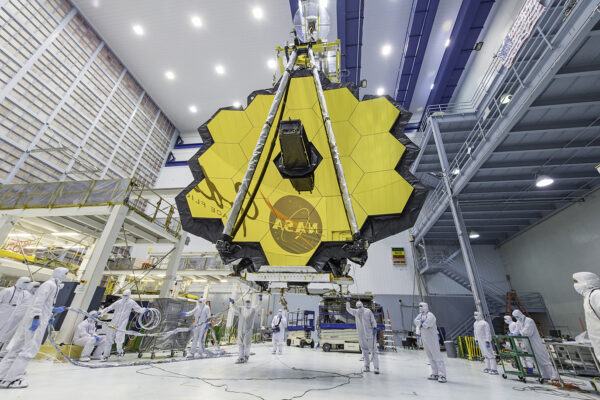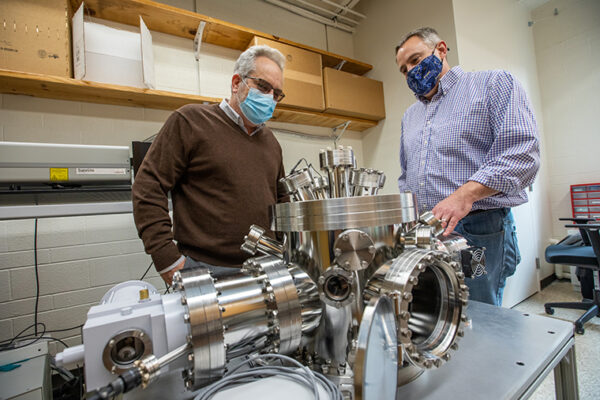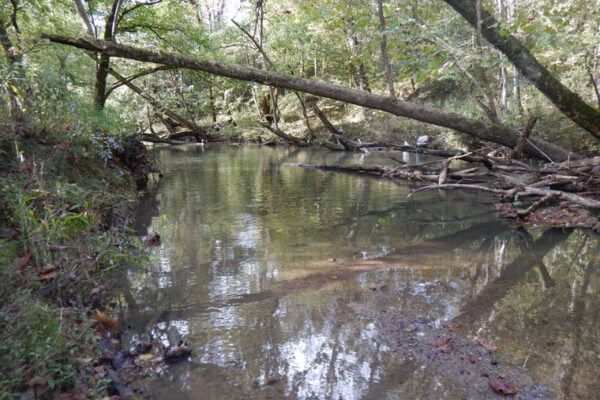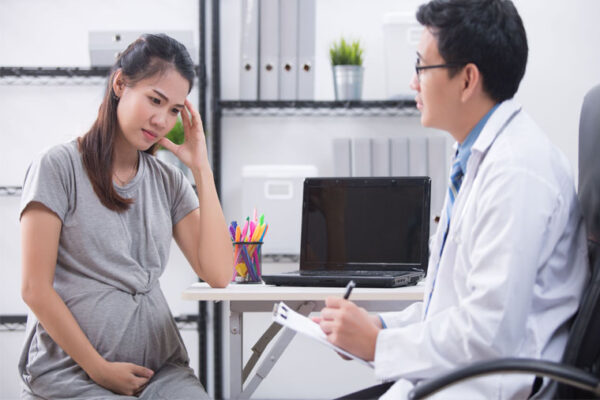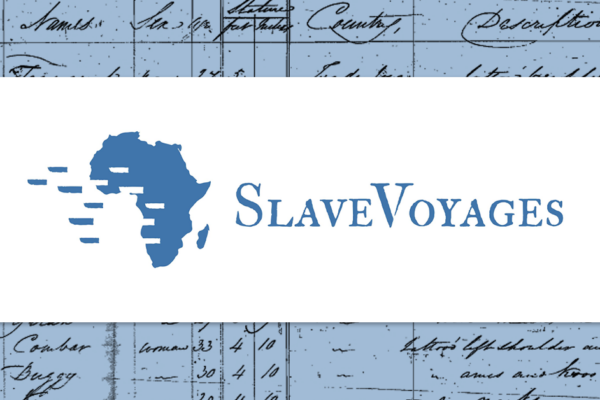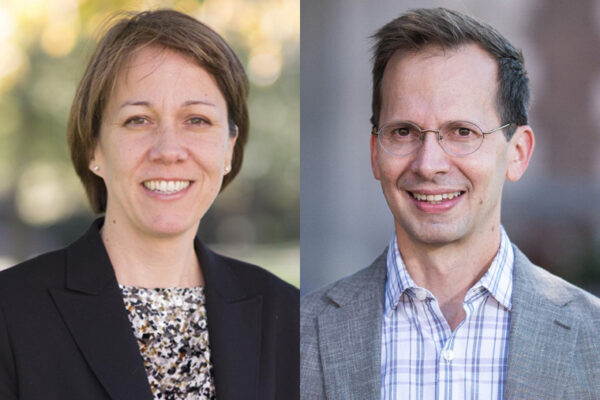A journey of resilience and healing
All the Flowers Kneeling, the debut poetry collection of Paul Tran, MFA ’19, takes readers on a transformative ride.
Distance learning
Planetary scientist Paul Byrne explains why you should be impressed by the James Webb Space Telescope.
Guts and stardust
Kevin McKeegan, who earned his PhD in physics in Arts & Sciences in 1987, has had a storied career measuring the tiniest particles of the solar system.
Andreoli to research nuclear response functions
Lorenzo Andreoli, a postdoctoral research associate in physics in Arts & Sciences, has been selected for the Universities Research Association’s Visiting Scholars Program.
Dev wins Universities Research Association grant
Bhupal Dev, assistant professor of physics in Arts & Sciences, won a $20,000 grant from the Universities Research Association to support neutrino research.
Giving metal to microbes could reduce greenhouse gas
Collaborative research from the labs of Daniel Giammar and Jeffrey Catalano finds a lack of available metals may be responsible for more nitrous oxide than previously thought.
Kieval awarded medal by Charles University
Hillel J. Kieval, the Gloria M. Goldstein Professor of Jewish History and Thought in Arts & Sciences, has won the Silver Medal of the Faculty of Arts from Charles University in Prague.
SSRI use during pregnancy not related to childhood depression
New analysis of the Adolescent Brain Cognitive Development Study by Ryan Bogdan’s lab in Arts & Sciences finds no link to depression in children with prenatal exposure to selective serotonin reuptake inhibitors (SSRI) drugs.
University joins digital initiative SlaveVoyages
Washington University in St. Louis has joined SlaveVoyages, a collaborative digital initiative that compiles records related to the trans-Atlantic slave trade. William Acree, co-director of the Center for the Study of Race, Ethnicity & Equity (CRE²), says membership provides university faculty and students an opportunity to both benefit from and contribute to SlaveVoyages’ critical scholarship.
Hayes, Acree appointed to leadership roles
Sophia Hayes, currently interim vice dean of graduate education and professor of chemistry, and William Acree, currently dean’s fellow for graduate education initiatives and professor of Spanish, soon will take on new roles that reflect their ongoing commitment to graduate education at Washington University.
View More Stories

